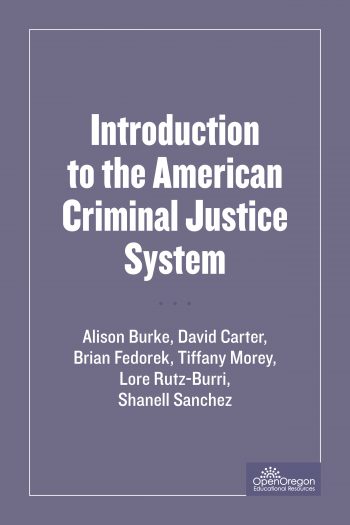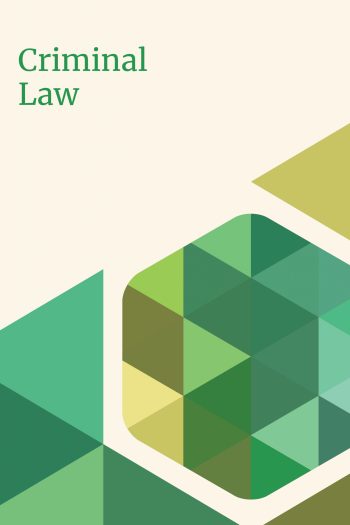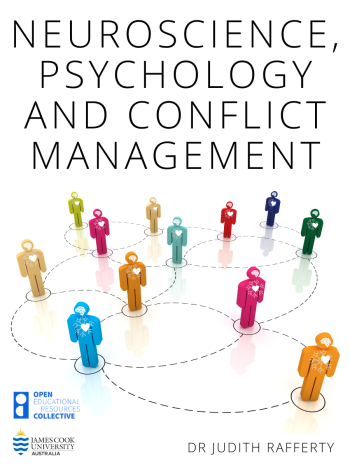
 Introduction to Sociology - 3rd Canadian Edition
by
William Little
Introduction to Sociology - 3rd Canadian Edition
by
William Little
 Introduction to Criminal Justice
by
Wesley B. Maier, PhD; Kadence Maier; William M. "Bill" Overby, MCJ; and Terry D. Edwards
Introduction to Criminal Justice
by
Wesley B. Maier, PhD; Kadence Maier; William M. "Bill" Overby, MCJ; and Terry D. Edwards
 SOU-CCJ230 Introduction to the American Criminal Justice System
by
Alison Burke; David Carter; Brian Fedorek; Tiffany Morey; Lore Rutz-Burri; Shanell Sanchez
SOU-CCJ230 Introduction to the American Criminal Justice System
by
Alison Burke; David Carter; Brian Fedorek; Tiffany Morey; Lore Rutz-Burri; Shanell Sanchez
 Communications in Law Enforcement and the Criminal Justice System: Key Principles
by
Steve McCartney and Cindy Patterson
Communications in Law Enforcement and the Criminal Justice System: Key Principles
by
Steve McCartney and Cindy Patterson
 Criminal Law
by
University of Minnesota Libraries (Adapted by)
Criminal Law
by
University of Minnesota Libraries (Adapted by)
 Homeland Security: Safeguarding the U.S. Against Domestic Catastrophic Destruction
by
CW Productions Ltd. Edited by: Richard White, Ph.D., Tina Bynum, DM, and Stan Supinski, Ph.D.
Homeland Security: Safeguarding the U.S. Against Domestic Catastrophic Destruction
by
CW Productions Ltd. Edited by: Richard White, Ph.D., Tina Bynum, DM, and Stan Supinski, Ph.D.
 University Module Series: Counter-Terrorism
by
United Nations Office on Drugs and Crime
University Module Series: Counter-Terrorism
by
United Nations Office on Drugs and Crime
 Communications in Law Enforcement and the Criminal Justice System: Key Principles
by
Steve McCartney and Cindy Patterson
Communications in Law Enforcement and the Criminal Justice System: Key Principles
by
Steve McCartney and Cindy Patterson
 Introduction to Criminal Investigation: Processes, Practices and Thinking
by
Rod Gehl; Darryl Plecas
Introduction to Criminal Investigation: Processes, Practices and Thinking
by
Rod Gehl; Darryl Plecas
 Neuroscience, Psychology and Conflict Management
by
Judith Rafferty
Neuroscience, Psychology and Conflict Management
by
Judith Rafferty
 Ethics in Law Enforcement
by
Steve McCartney; Rick Parent
Ethics in Law Enforcement
by
Steve McCartney; Rick Parent
Central Maine Community College Learning Commons - 1250 Turner St., Auburn, Maine 04210 - Telephone: (207)755-5218
Central Maine Community College is an equal opportunity/affirmative action institution and employer.
For more information, please call (207) 755-5100. [Full Non-Discrimination Notice]